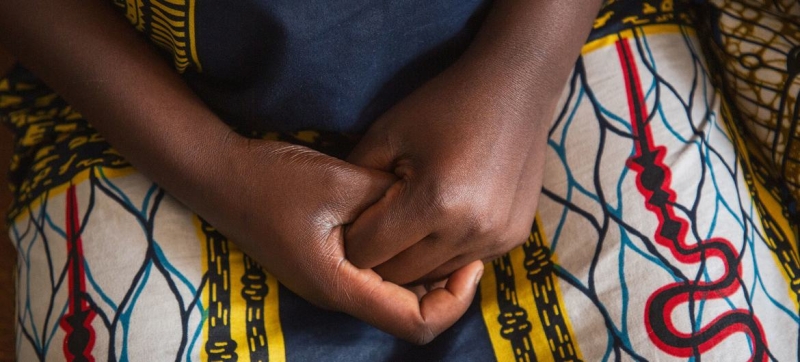
More than half of all children in the world between the ages of 2 and 17 suffer from some form of violence. More than 100 countries have committed to ending violence against children Human Rights
At an international conference in Bogota, Colombia, governments from more than 100 countries made historic commitments to end violence against children, with nine countries pledging to completely ban corporal punishment, a problem that regularly affects three out of every five children in families.
“Despite its preventability, violence remains a frightening, daily reality for millions of children around the world, leaving scars that are passed down from generation to generation,” said Tedros Adhanom Ghebreyesus, Director-General of the World Health Organization (WHO). “Today, countries have made critical commitments that can finally turn the tide on child violence.”
A billion children affected
More than half of the world’s children aged 2 to 17 – about one billion – are estimated to have suffered some form of violence, including corporal punishment. About three in five children regularly experience physical violence in their home, and one in five girls and one in seven boys experience sexual violence.
For some of these children, violence results in death or serious injury. Every 13 minutes a child or teenager dies as a result of homicide, amounting to about 40,000 preventable deaths each year. In addition, violence, often involving guns or other weapons, is now the leading cause of death among adolescent males.
For many children, violence leaves a devastating mark on them for life. Children who have been traumatized as children are more likely to suffer from anxiety and depression, and to smoke, drink alcohol, and abuse substances.
Violence against children often goes unnoticed by those around them: the WHO estimates that less than half of child victims ever tell anyone that they have been abused, and less than 10 percent receive any help.
Prevention Strategies
At the Bogotá conference, countries committed to developing a range of evidence-based strategies to prevent violence against children. Key measures include expanding parenting support programmes to encourage positive, non-violent discipline. School programmes that tackle bullying and develop social skills also play a crucial role in creating safer learning spaces.
In addition, governments have committed to improving health and social services to support young people who have experienced violence, while new digital safety initiatives aim to protect children from online exploitation.
Research shows that implementing these strategies could reduce violence against children by 20 to 50 per cent, highlighting the importance of the new commitments to making a real difference.
